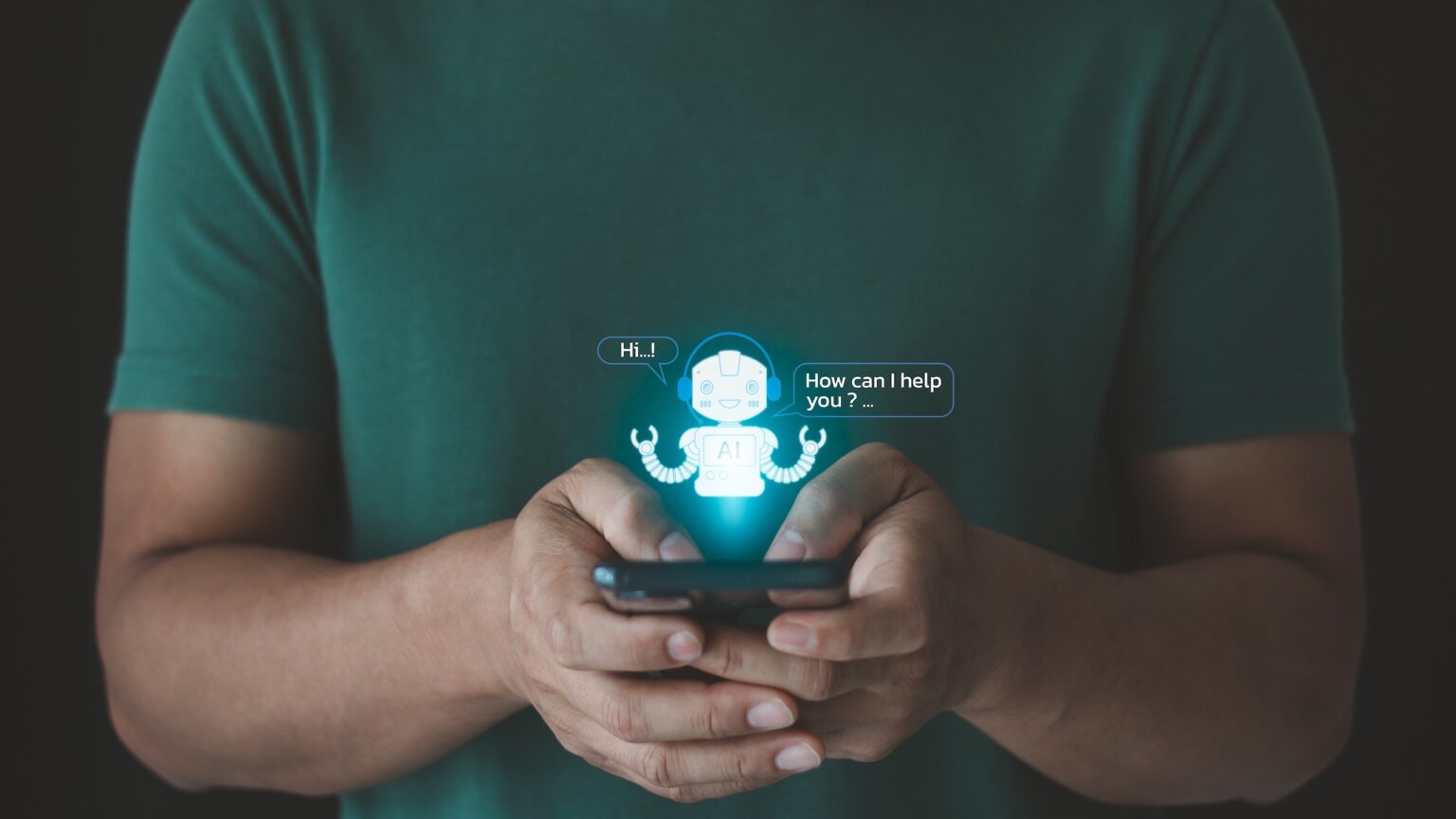The co-founders of Google DeepMind and LinkedIn have become the latest figures to capitalize on the AI trend, having developed a new AI-powered chatbot named ‘Pi.’
The trend has been the tech story of 2023: Microsoft has backed ChatGPT, Google launched Bard, Baidu released Ernie Bot, and many more are on the verge of going public. Now the Inflection AI startup has joined the party with Pi (which stands for personal intelligence).
Also Read: Slack to Introduce AI Chatbot to its Workplace Application
Pi users can engage in private conversations with the chatbot using various mediums including text, WhatsApp, Instagram, and Facebook.
The CEO of Inflection AI, Mustafa Suleyman, says Pi’s role is to act as an empathetic listener rather than a source of information.
“There’s lots of things Pi cannot do. It doesn’t do lists, or coding, it doesn’t do travel plans, it won’t write your marketing strategy, or your essay for school,” said Suleyman.
Pi has undergone beta testing by users over several months and has a limited scope of application, which makes it more secure and simpler to manage, according to Suleyman.
“It’s purely designed for relaxed, supportive, informative conversation,” he stated.
In the future, the personal AI tool might offer assistance in performing various online tasks. For the time being though, it is focused on engaging in “mundane, trivial and banal” conversations.
Different from other AI chatbots?
During a live demonstration of the chatbot, Pi stood out from others like ChatGPT or Bard, as it frequently concluded its responses with a question to prompt further dialogue from the user.
“That’s what Pi does really well, it helps facilitate your own line of inquiry,” said Suleyman.
However, Pi does not mention any citations or sources in its response, which CEO Suleyman insists will be changed soon.
In addition, it is no different in fabricating facts, as has been the issue for almost all large-language model technology – especially the generative AI chatbots.
Inflection AI, co-founded by Suleyman, Karén Simonyan, and LinkedIn creator Reid Hoffman, is among a group of consumer AI startups striving to develop advanced computer programs capable of writing scripts and creating art in seconds.
As competition in the space intensifies, Inflection has recruited AI experts from several competing companies, including Google, OpenAI, and DeepMind, who have previously played key roles in building some of the world’s most powerful language models.
Today we are announcing the release of the first version of @heypi_ai, your personal AI.
Pi stands for “personal intelligence” because it provides infinite knowledge based on your unique needs.
Talk with Pi today at https://t.co/uD0fyCaWGe or by texting +1 (314) 333-1111. pic.twitter.com/C7YqwwixPb
— Inflection AI (@inflectionAI) May 2, 2023
Other players in the market include California-based Anthropic, which recently secured a $300 million investment from Google and launched its own chatbot, Claude.
Meanwhile, Character.ai, founded by ex-Google employees, is reportedly seeking to raise hundreds of millions of dollars to expand its offering of AI chatbots featuring different characters.
Earlier this year, Inflection AI was in talks to raise up to $675 million from investors, building on previous funding from VC firms like Greylock Partners, where Suleyman and Hoffman are still investors.
A co-founder of DeepMind, which Google acquired for £400mn in 2014, Suleyman heads up Inflection AI as CEO.
Mixed response from the public
Inflection AI’s Pi chatbot has generated a mixed response from the public so far. While some users welcome the addition of yet another chatbot to the market, others express concerns over the quality of its responses.
One Redditor compares Pi’s persona to that of a “sexy recruiter with no life experience giving career guidance,” raising questions about its effectiveness.
Others, however, welcomed Pi and acknowledged the importance of competition in the space.
As another Redditor noted, “competition is good (it avoids monopoly by the big giants, etc.) but this is quickly getting crowded and quality is taking a nosedive.”
The need for chatbots to provide meaningful responses that add value to the user’s experience was also emphasized. According to one Redditor, “What if it just replied to every question with LinkedIn glurge?”
Despite the criticisms, the launch of Pi highlights the growing interest in generative AI and its potential to change the way we communicate with technology. Whether it can match the likes of ChatGPT remains to be seen.









 and then
and then